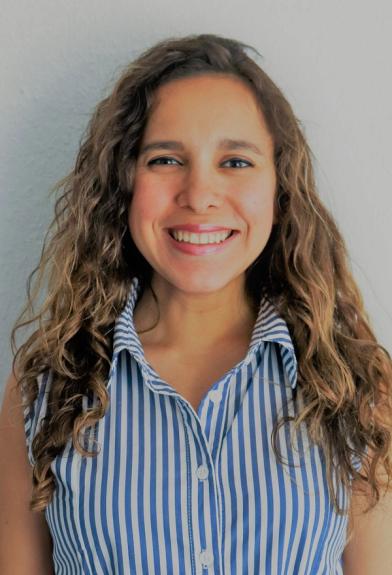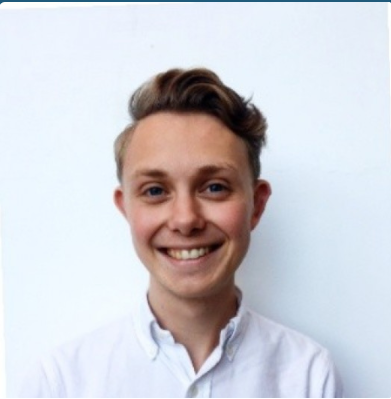Event
A shared responsibility to address corruption in health systems: Bilateral and Multilateral perspectives
World Health Summit, Berlin
13 October 2025
Monday 13 October 2025
14.00–15.30
World Health Summit, Berlin, Germany
2nd floor, side meeting room VI
Speakers
- Torgeir Nærlie Vasaasen, Head of Health Section, Norwegian Agency for Development Cooperation (Norad)
- Dr. Paul Catchick, Director of Investigations & Counter-Fraud, Gavi the Vaccine Alliance
- Dr. Lisa Hoffmann, Deputy Head of Division Global Health Policy and Financing, Bundesministerium für wirtschaftliche Zusammenarbeit und Entwicklung (BMZ)
- Dianne Stewart, Deputy Director, External Relations and Communications, The Global Fund
- Jonathan Cushing, Health Systems Governance Lead at Oxford Policy Management, and formerly Director Transparency International Global Health
Facilitator
- Daniela Cepeda Cuadrado, Senior Adviser, U4 Anti-Corruption Resource Centre
Background
The global health sector faces widespread corruption. The Organisation for Economic Co-operation and Development (OECD) estimates that 45% of citizens globally consider their health sector to be corrupt or extremely corrupt (OECD 2017). Where funds and resources are diverted, this undermines the effectiveness, quality, and accessibility of healthcare. Lack of transparency also provides fertile ground for inefficiency and abuse. Furthermore, corruption often deepens existing inequities, with women and marginalised groups disproportionately affected when, for example, they face demands for informal payments to access maternal health or other essential services (Coleman 2024).
Yet there appears to be relatively little action from bilateral and multilateral development agencies to address corruption within the health sector. Our research indicates that interventions often involve broad governance reforms or specific, targeted initiatives. Few comprehensive medium- or long-term programmes address the topic.
Objective
This session will explore how bilateral donors and multilateral agencies can collaborate to enhance transparency and accountability in health programmes, ensuring that corruption does not impede progress toward Universal Health Coverage.
We will present findings from an upcoming study by U4 and Transparency International, which analyses how these actors shape anti-corruption efforts in health. The study highlights practical strategies for maintaining momentum on this politically sensitive issue, even in the face of growing aid fragmentation.
The speakers contributing to this event are representatives from Norad, BMZ, Gavi, the Global Fund, and Transparency International Global Health.
Related experts

Daniela Cepeda Cuadrado
Senior Adviser